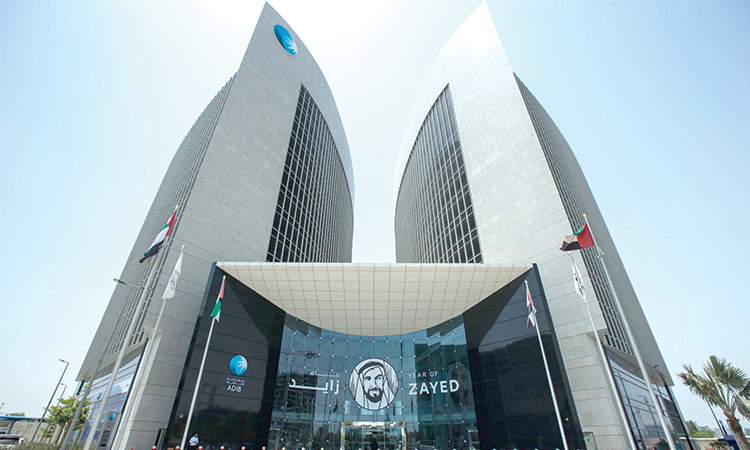British retail sales flat in Feb after Jan fall, outlook gloomy

Picture used for illustrative purpose only.
The Confederation of British Industry’s (CBI) distributive trades index rose to +2 this month from -23 in January. A Reuters poll of economists had pointed to a reading of -13.
But a measure of expected sales in the month ahead fell to -18 from -15. “Whilst retail sales volumes were largely unchanged in the year to February and slightly above seasonal norms, firms remain pessimistic about their business outlook and are bracing themselves for yet another fall in sales next month,” Martin Sartorius, CBI principal economist, said.
Official data published last week showed shoppers spent more than expected in January but inflation-hit households were buying fewer items and relying more on discounts.
Gabriella Dickens, an economist at Pantheon Macroeconomics, said the recovery in the CBI’s sales measure this month would “likely prove a false dawn” as households are expected to spend less in the coming months as the risk of a recession looms.
The CBI said its survey showed retailers were gloomy about their prospects for the coming three months amid “acute” price pressures.
Its average selling price balance fell two percentage points to a still historically high +80 in the three months to February from +82 in the three months to the end of November.
The Bank of England has signalled that it believes the tide is turning on Britain’s inflation.
Consumer price inflation eased to 10.1 per cent last month after hitting a 41-year high of 11.1 per cent in October. Economists polled by Reuters this month expected inflation to average 7.0 per cent this year, and 2.6 per cent in 2024.
The CBI’s survey of 59 retail chains took place between Jan.27 and Feb.14.
Meanwhile market research firm GfK said that the British consumers have turned more upbeat about their personal finances and the outlook for the economy but their mood remains a long way off pre-pandemic levels.
After some other recent signs of improvement in the economy, GfK’s headline consumer confidence index rose by more than expected in February, increasing by seven points to -38, climbing further away from September’s -49 record low.
Economists polled by Reuters had forecast a smaller rise to -43 from January’s -45. The seven-point increase was the biggest month-on-month improvement in almost two years although the latest reading was much weaker than the -7 in February 2020, just before the coronavirus pandemic hit Britain.
Joe Staton, GfK’s client strategy director, said consumers were suddenly more optimistic about their personal finances and the general economic situation, especially for the coming year, despite the continued hit to their incomes from high inflation.
The GfK survey’s measure of how consumers view the economy over the next 12 months jumped to -43 from -54 in January, while households’ feelings about their personal finances increased by nine points, GfK said.
There was also increase in GfK’s sub-index of shoppers’ willingness to make expensive purchases.
“However, many challenges remain and this may be nothing more than a bubble of hope - and bubbles always burst,” Staton said, pointing to the risk of a recession.
Linda Ellett, UK head of consumer markets at KPMG, said consumers were turning to savings and debt as higher prices squeezed household budgets.
“Nearly half of consumers surveyed by KPMG say they are using savings to help meet their higher essential costs, whilst one in 10 are using credit more,” Ellett said.
The Bank of England earlier this month forecast a five-quarter downturn starting in early 2023 and it hinted that it was close to ending its run of interest rate hikes.
However, the economy could be on course to dodge a slump that long - businesses reported a surprise return to growth in a survey published this week and there were also signs of unexpected strength in activity in public finances data.
Official data published last week showed basic pay grew faster than expected in the final quarter of 2022 although it was still far behind inflation which stood at 10.1 per cent in January. The survey of 2,000 people was conducted between Feb.1 and Feb.13.
Factory activity continued to contract but at a much reduced pace, with the manufacturing PMI increasing to 49.2 from 47.0, close to 50, the no-change mark.
Both the services and manufacturing surveys showed growing numbers of companies became more optimistic about their prospects in February.
A Barclays survey of small and medium-sized British firms similarly showed 41 per cent were confident about the outlook - a nine-month high.







